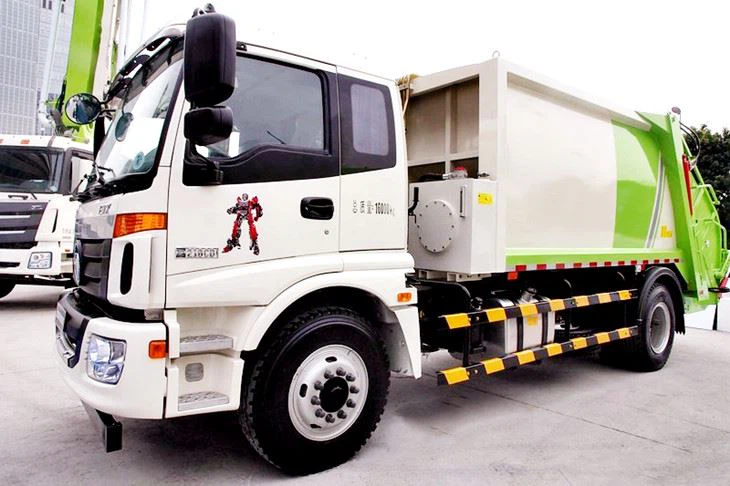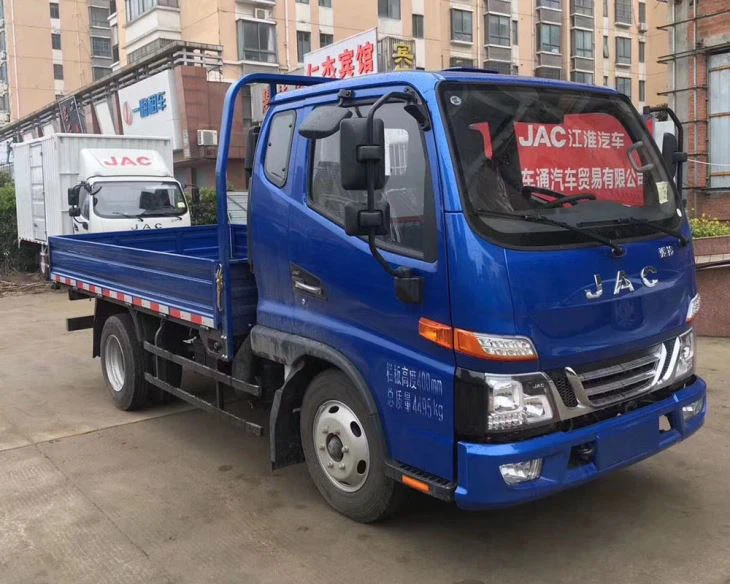Understanding 10-Wheelers: A Comprehensive Guide

If you’ve ever seen a large truck on the highway or construction site, you might have noticed various types and sizes of vehicles. One of the most prominent among these is the 10-wheeler truck. Known for its robustness and capacity, this vehicle is a common choice for various industries. In this article, we will delve into the details of 10-wheelers, exploring their features, uses, benefits, and practical tips for operation and maintenance.
Table of Contents
- What is a 10-Wheeler?
- Specifications and Capacity
- Typical Uses of 10-Wheelers
- Benefits of Using 10-Wheelers
- Maintenance and Care Tips
- 10-Wheeler vs. Other Trucks
- Safety Considerations
- Frequently Asked Questions
What is a 10-Wheeler?
A 10-wheeler truck is a large vehicle that features a total of 10 wheels: two in the front and eight in the back. Its distinct design provides greater stability and weight distribution, making it suitable for transporting significant loads. The truck’s design can vary, including dump trucks, flatbeds, and box trucks. The versatility of 10-wheelers allows them to operate efficiently in various environments, from highways to construction sites.
Understanding Wheel Configurations

The wheel configuration of a 10-wheeler plays a vital role in its performance and handling. This configuration helps in managing the load more effectively and improves traction, especially under challenging road conditions. The tandem axle design, which includes pairs of rear wheels, enhances the truck’s stability.
Common Types of 10-Wheelers
- Dump Trucks: Used primarily for transporting loose material.
- Box Trucks: Ideal for transporting goods securely.
- Flatbed Trucks: Suitable for carrying large items that do not fit into a container.

Specifications and Capacity
10-wheelers come in various models and sizes, each with unique specifications. Generally, these trucks are equipped with powerful engines, often ranging from 300 to 500 horsepower, allowing them to handle heavy loads efficiently.
Load Capacity
The load capacity of a 10-wheeler can vary significantly depending on the model and configuration. Typically, they can carry loads between 15,000 to 30,000 pounds. This capacity makes them ideal for construction, moving heavy machinery, and hauling materials.
| Truck Type | Load Capacity (lbs) | Common Uses |
|---|---|---|
| Dump Truck | 20,000 – 30,000 | Construction materials, debris removal |
| Box Truck | 15,000 – 20,000 | Moving services, deliveries |
| Flatbed Truck | 20,000 – 25,000 | Heavy equipment transport, building materials |
Typical Uses of 10-Wheelers
10-wheelers are incredibly versatile and find usage in various industries. Their ability to handle significant loads makes them a favorite for many applications.
Construction Industry
In construction, 10-wheelers are often used to transport heavy materials such as gravel, sand, and steel. Dump trucks facilitate quick unloading, making the job more efficient.
Logistics and Transportation
10-wheelers play a crucial role in logistics for transporting goods and products over long distances. Their ability to carry heavy loads makes them suitable for both short and long-haul deliveries.
Agriculture
Farmers use 10-wheelers to transport produce, feed, and equipment across farms. They serve as a reliable choice for farm operations that require moving large amounts quickly.
Benefits of Using 10-Wheelers
Choosing a 10-wheeler comes with numerous advantages, contributing to its popularity across various sectors.
Enhanced Stability
The design of a 10-wheeler offers enhanced stability due to its wider wheelbase. This feature allows it to navigate uneven terrain without compromising load security.
Improved Load Distribution
10-wheelers excel at distributing weight evenly across their axles, reducing wear and tear on tires and enhancing overall lifespan.
Versatility
With multiple configurations available, 10-wheelers can adapt to different tasks and loads, making them highly versatile for diverse applications.
Increased Efficiency
They can transport larger loads in fewer trips, making them more efficient and cost-effective for businesses that rely on heavy-duty transportation.
Maintenance and Care Tips
Maintaining a 10-wheeler is crucial for its longevity and performance. Here are several tips that can help ensure your truck remains in optimal condition.

Regular Inspections
Schedule regular inspections of the engine, brakes, and tires. Checking for wear and tear can prevent bigger issues down the line.
Fluid Checks
Ensure all fluid levels, including oil, coolant, and brake fluid, are regularly checked and replaced as needed. This practice keeps the truck running smoothly.
Tire Maintenance
Tires should be regularly inspected for pressure, wear, and alignment. Keeping the right tire pressure improves fuel efficiency and safety.
Cleaning
Regularly washing your truck not only keeps it looking good but also helps remove dirt and grime that can cause corrosion and damage over time.
10-Wheeler vs. Other Trucks
When considering trucks for commercial use, it can be helpful to compare 10-wheelers with other types of trucks, such as 6-wheelers and 18-wheelers.
10-Wheeler vs. 6-Wheeler
While 6-wheelers are easier to drive and handle smaller loads (around 10,000-15,000 pounds), they lack the power and capacity that 10-wheelers provide, making them less suitable for heavy-duty tasks.
10-Wheeler vs. 18-Wheeler
18-wheelers can carry significantly more than 10-wheelers (up to 80,000 pounds), but they require more skill to drive and navigate. For businesses that prioritize heavy loads, 18-wheelers are a better option, while 10-wheelers are suitable for medium loads.
Safety Considerations
Operating a 10-wheeler requires adherence to safety guidelines to ensure both operator and public safety. Here are some critical safety considerations:
Training and Certification
Drivers should undergo proper training and obtain certification. Comprehensive knowledge of how to operate such heavy machinery is essential for safety.
Load Securement
Always ensure that loads are properly secured before transporting to prevent accidents on the road.
Vehicle Maintenance
Follow maintenance schedules diligently. A well-maintained truck is less likely to malfunction and cause accidents.
Frequently Asked Questions
What is the average fuel consumption of a 10-wheeler?
The average fuel consumption of a 10-wheeler ranges from 6 to 8 miles per gallon, depending on load and driving conditions.
Can a 10-wheeler carry hazardous materials?
Yes, but it requires special licensing and compliance with regulations to transport hazardous materials safely.
What is the typical lifespan of a 10-wheeler?
With proper maintenance, a 10-wheeler can last anywhere from 10 to 15 years or more, depending on usage and care.
Are 10-wheelers suitable for long-distance transport?
Yes, they are suitable for long-distance transport, particularly for medium loads that do not require an 18-wheeler’s capacity.
What should drivers look for before operating a 10-wheeler?
Drivers should check the tire pressure, fluid levels, brakes, lights, and load security before beginning operation.
Is it difficult to drive a 10-wheeler?
Driving a 10-wheeler requires skill and experience. Proper training can help new drivers become proficient and safe on the road.
